Gambia
A top International Monetary Fund (IMF) official, Ulrich Jacoby, has said the Gambia is at an economic turning point following the transition of power earlier this year.
According to him, despite the challenges that lie ahead, concerted policy efforts plus the support from the international community will be key to scaling the hurdles.
Ulrich led a mission that spent two weeks in the West African country during which time he met with stakeholders on how to put the economy back on track after the economic mismanagement and massive embezzlement of funds during the Jammeh-led regime.
The mission met with President Adama Barrow, Minister of Finance Amadou Sanneh, Central Bank Governor Amadou Colley, other government officials, development partners, and representatives of the private sector and civil society.
A statement issued after his mission read as follows, “With the transition to a new, democratically-elected government, The Gambia is at a historical turning point. Significant economic challenges lie ahead.
‘‘The key priority is to bring public spending in line with available resources, thereby drastically reducing domestic borrowing and interest cost. Efforts need to include reforms of public enterprises, including the National Water and Electricity Company (NAWEC) and the National Telecom and Mobile Operators (GAMTEL/GAMCEL) to place them on a sound financial footing and limit their drain on the state budget,’‘ the statement added.
According to the IMF, the Gambia’s economic growth in 2016 is now estimated to have reached only 2.2 percent, down from 4.3 percent in 2015, due to limited availability of foreign exchange, weak agricultural output and the effect of the political impasse on tourism during high season.
The global lender added that headline annual inflation stood at 8.8 percent in February 2017, driven by higher food prices and the recent depreciation of the dalasi – the local currency – which increases the domestic price of imported goods.
‘‘The situation is compounded by economic mismanagement and massive embezzlement of funds during the previous regime,’‘ they added.
The Adama Barrow regime disclosed in late January that exiled leader Yahya Jammeh virtually emptied the treasury before leaving the country. The country has however enjoyed the support of international donors and partners who have pledged funds and other assistance to help revive the economy.
The IMF has also initiated talks on providing a Rapid Credit Facility (RCF) along with a Staff Monitored Program (SMP). Discussions in that direction are expected to continue in Washington later.



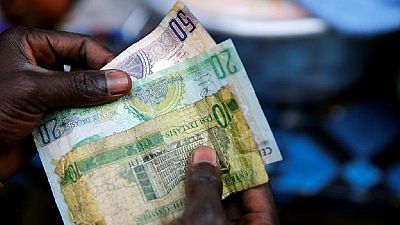

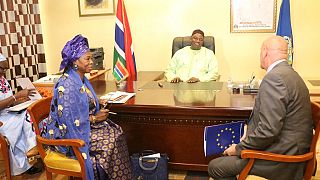
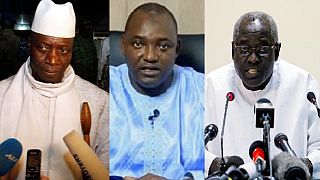
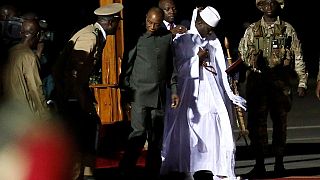
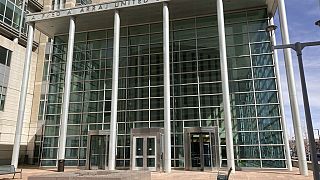
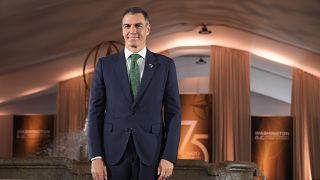
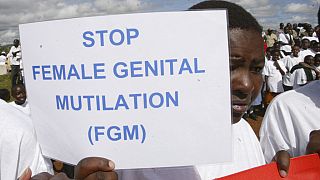



Go to video
World Bank grants South Africa $1.5B for infrastructure, green energy
11:16
Angola hosts U.S.-Africa summit amid calls to revive trade ties {Business Africa}
01:30
Abu Dhabi hosts first Global South Economic Forum
01:23
Fourth edition of China-Africa Economic and Trade Expo opens in Changsha
02:20
VivaTech 2025: Africa takes center stage with bold AI ambitions
11:14
Rwanda Walks Away: what’s behind the Central Africa rift? [Business Africa]